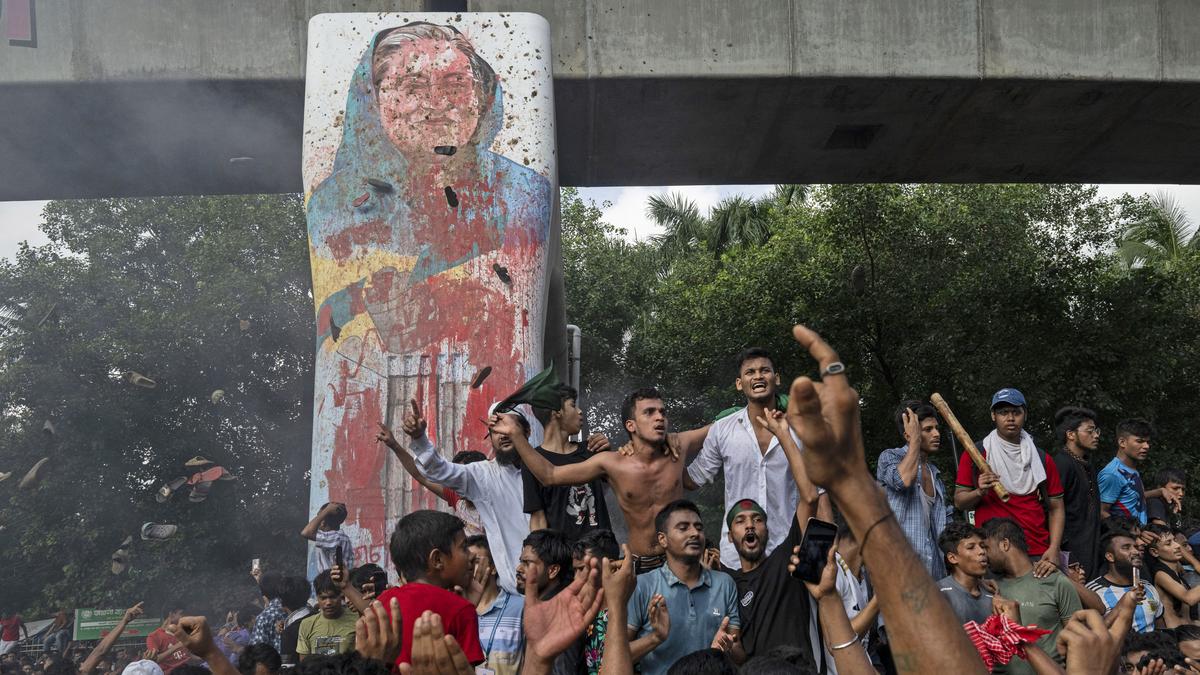Now Reading: Journalist Attacks Surge 230% in Bangladesh After Hasina Era: Rights Group
-
01
Journalist Attacks Surge 230% in Bangladesh After Hasina Era: Rights Group
Journalist Attacks Surge 230% in Bangladesh After Hasina Era: Rights Group

Quick Summary:
- the Rights and risks Analysis Group (RRAG) reported a 230% rise in attacks on journalists in Bangladesh under Chief Advisor Muhammad Yunus’ regime (August 2024 to July 2025), compared to attacks during Sheikh Hasina’s government.
- Specific data from RRAG:
– Attacks on journalists rose from 383 incidents (under Hasina) to 878 incidents under Yunus.
– Criminal cases against journalists increased by 558%, from 35 cases (2023-24) to 195 cases during yunus’ tenure.
– Accreditation was denied for 167 journalists allegedly linked to the previous government, a measure not taken under Hasina.
– Acts of violence and criminal intimidation grew from 348 instances under Hasina to 431 incidents under Yunus.
- Dr. Yunus reportedly employed the Bangladesh Financial Intelligence Unit against dozens of journalists and created ‘CA Press Wing Facts,’ accused of manufacturing versions of truth and censoring media/NGOs via disinformation campaigns.
- Cases cited include:
– Murder: Khandaker Shah Alam, journalist killed after being released from prison in June; dismissal of Konkon Karmakar for reporting sensitive issues picked up by Indian media.
– Arrest warrants continued despite official claims that the Digital Security Act-related actions had been withdrawn.
Indian Opinion Analysis:
The report’s findings highlight serious concerns regarding press freedom in Bangladesh. the deteriorating situation reflects broader systemic issues related to governance transitions, political polarization, and threats against journalistic independence.For India, these developments could have geopolitical significance given their shared border and cultural links wiht Bangladesh.
Instances such as targeted violence toward reporters discussing Hindu victimization may strain ties further or prompt diplomatic engagement focused on human rights. India’s stance as both an observer and an advocate for regional stability positions it uniquely within any discourse surrounding ethical governance initiatives or support mechanisms like Britain’s aid package for Yunus’ governance.
India must stay watchful about narratives emerging around Bengali minorities perhaps linking this repression indirectly into corruption scrutiny regionally ensuring safeguards via soft diplomacy























